
br>
Daria Usacheva could have become one of the coolest figure skaters in the world, but her career ended right at the exit from juniors. In an interview with Sport, she told how Anna Shcherbakova saved her after a serious injury, how, after several months in a wheelchair and on crutches, she re-evaluated the ability to walk, and why at 18 she does not look young.
«I cried for several hours, and in the morning I filmed funny videos in the stroller»
— It’s common to feel sorry for athletes with a fate like yours. Drama — injury in the prime of life, forced retirement at 15 years old. Did you feel sorry for yourself at some stage?
— There were some moments. Because… Well, who doesn’t feel sorry for themselves?! But not at all. Mom was worried, but I had no doubt that everything would be fine. And not once in the year after completion did I regret it. This means the decision was correct. Looking back, I think again that absolutely every event in my life was needed for something. Even bad.
— Even an injury at the Japanese Grand Prix?
— I found many advantages to this too. I wasn’t particularly sad during this period. I cried for the first few hours out of resentment. Then Anya (Shcherbakova) and I talked for a long time via video link. And in the morning I was already filming some funny videos in the stroller and laughing at it. Dark humor — I love that kind, to be honest. And as my friends joked, it’s actually fire. For example, that Dasha will now not be able to take the first step.

— I wonder how an athlete supports an athlete in such a situation? I would probably say something like: “Hold on, poor girl,” and all that.
“Most people wrote that way.” But Anya supported me not as an athlete, but as a human being. Like each other. Because at that moment we were already very close. I don’t remember the exact wording, but for me these words and her participation were life-saving.
— At that time, you were still formally competitors for Olympic spots. That’s why communication, friendship and support look even more valuable, or something.
— This will probably sound very unsportsmanlike now, but for me human relationships are higher than some sporting moments. That is, I would not be able to do anything against communication for the sake of sport. Sport is a part of life, and a person can be your friend all your life.
— I remember the Olympic season and am amazed at the competition. In your team of the strongest competitors you had Valieva, Trusova, Shcherbakova, Tuktamysheva, and there were only three tickets to the Games. Did you keep hope that you could go to the Olympics?
“It’s clear, I did everything in my power, but I didn’t give myself hope.” I was not sure that I would go there. There was an understanding that anything could happen, and there was a theoretical opportunity to go. And I just need to be ready. As Eteri Georgievna always said: just do your best, then you won’t regret not trying. That's what I did.

— Was it important for you to perform at that stage? His results could improve your position in the national team, so, probably, some risks with injury were ignored.
— Since childhood, I had a dream — to perform in Japan. Naturally, I wanted to skate there. I can’t say that there was any desire to go despite all the risks. We just didn't expect this to happen. It’s like an ordinary situation — everyone has something in pain, and that’s a fact. But almost never anything terrible happens.
— Were there really no warning signs of injury? Reasons to withdraw from the tournament?
“I had a lot of trauma in my life, even when I was little. My pain threshold is high, I am tolerant of pain. The pain was growing, but I didn’t pay attention to it. During the six-minute period, when my leg really hurt, I was not thinking about how I would skate, but how I would reveal the image (laughs). Because there was something else written on my face, not what was needed according to the program.
— How does an athlete feel before a start, for which he has been preparing for a long time, when he falls while skating and realizes that he cannot get up? What thoughts were in your head?
— I began to analyze my feelings, I realized that something terrible had happened, because I have never experienced such sensations. I tried to get up and realized that I couldn’t. I tried to take my leg with my hand. Somehow I got to the side on pain shock and adrenaline, because after ten minutes I could not move my leg even a centimeter. It was hellish pain.
And it was only when Eteri Georgievna said “get off the ice” that it dawned on me that this was all. Then there were desperate thoughts: “damn, this is it, I won’t perform.” I cried not because of pain, but because of resentment. Japan is a dream. If it had been a different stage, I assume that it would not have been perceived so emotionally on my part.
— I remember that they almost predicted victory for you there. Surely this added to the disappointment.
— I analyzed this later. If, I could, I could… But there were still many strong rivals there. It is not known how I would have skated.

“I’m unlikely to repeat Shcherbakova’s feat”
— How long did it take to recover to even start walking?
— I was in a wheelchair for two months, then closer to the New Year, the FMBA took the stroller away from me and gave me crutches. They said that we had to walk, and it was quite scary psychologically — it seemed that nothing had healed yet. I had physiotherapy and exercise therapy — just like in a sanatorium. Then she took the first step. Incredible feeling! You begin to appreciate everything in your life. This is the norm for everyone, and it turns out to be very cool. For me it was great happiness. I couldn’t stand — I walked and walked… The muscles fell asleep for two months, my leg was thin. All these memories make me smile. I definitely won’t shed a tear, remembering the history in Japan.
— To what level were you able to recover?
—In July, when the guys were still skating in Novogorsk, I collected a purely short one. The free program was assembled in parts, the second half with three cascades. And this was not very easy to do even in a healthy state. Plus, I grew up, my body changed.
— It turns out that after such a severe injury you managed to collect all triples. This is an amazing result.
— It seems like no, it seems like yes. You won't surprise people like this anymore. I didn’t come up with this — I read it in the comments.
— Was Mom very worried about what was happening?
— Very much, but she in general An anxious person. I reassured her and told her that I was fine. Seeing my attitude, she stopped worrying too much.
—Did she dream that you would be a champion?
< br>
— Of course. And who doesn’t want to when you’ve spent your whole life at the skating rink with your child?
— And you?
“I never had the desire that children dream from an early age: “I want to become an Olympic champion.” This is strange, it was probably some kind of wake-up call. Mom recently remembered that I once told her that I would not be an Olympic champion, but would be an honored coach of Russia. Why I wasn’t taken away from the sport at that moment is unclear. But I’m joking, of course.
— How close did you manage to get to studying ultra-si?
— Axel, I went to training. There's a video on my phone somewhere. It was the end of the season, only those who had not yet gone on vacation were skating. Artem Punin taught me, and by the way, I learned all the triples with him in individual lessons. I adopted his technique and now teach it to others because it is convenient. It’s a shame that I went on vacation and forgot everything. Then there was no time for that anymore.
— Did you go into quadruples?
— I went into a sheepskin coat, Salchow. Salchow walked well for some time, but I “did more of the sheepskin coat”, it would be correct to say so. But it was during the competition season, and you had no time for that. I tried flip on a fishing rod.
— Is it really scary to jump, as everyone says about quadruples?
— This is very difficult to describe. Not scary, but difficult to enter. There was no fear of crashing, but it was as if something was sitting in my head and bothering me.
— Such fear as before a parachute jump?
< br>— No. I’m very afraid to jump with a parachute; I’m unlikely to ever repeat Anya’s feat. It’s not scary to jump there, it’s scary that something will go wrong, break or come off. When human life is at stake, it is difficult to take risks.
“You can jump so thoughtlessly that you will kill yourself”
—You give the impression of a person with high intelligence. Did you devote a lot of time to education in parallel with training?
“I myself cannot agree that I have some kind of incredible mind.” Education, yes, probably, is present. Here is my older sister — she is an intelligent person, she graduated from the Master’s program at Moscow State University, I will never be able to do this, I’m sure. But I didn’t devote as much time to studying as she did.
But I also studied. This is the merit of my mother, she controlled everything and helped. I graduated from ninth grade with a certificate of honor. Now I hope that I will be able to pass the Unified State Exam with a high score.
— How to combine studying with straight A’s and training at Khrustalny?
— I did my homework until nightfall. The guys sent me assignments, I did all the class work, homework, and they also gave me additional assignments to check if I copied everything from the Internet. I came to school to write tests. Now it’s probably simpler because of the authority of previous years. I focused on three subjects — mathematics, Russian and biology. Tutors every day, homework. It’s not easy to combine all this with the current schedule. There is almost no free time. Rehearsal at night, work in the morning, then tutor and preparation. Well, sometimes you need to sleep for at least three hours.
—Does high intelligence interfere with sports? A tendency towards reflection and self-analysis, in theory, is not very useful when you need to unquestioningly carry out the trainer’s tasks.
— Well, this is about me — the tendency to introspection is exactly that. But at the same time, without a smart head in complex coordination sports it is dangerous. You can jump so thoughtlessly that you kill yourself. So, if you choose whether to be an athlete with or without intelligence, my answer is with intelligence.
— Was it difficult to leave your native skating rink, where you spent so many years?
I know all sorts of secret rooms. Well, they’re not secret, just not everyone knows about them. A teaching room where everyone went down to do their homework, where they could study with a tutor. When I was little, it was a pitiful semblance of a hall, with a tiled floor, where it was very cold. They pull you on these rugs. It all seemed very attractive to me.
— Before ending your career, you tried ice dancing. Tell us about this experience.
“I’ve always liked ice dancing, I’ve always wanted to try it, at least just for myself, when I finish my singles career. So I tried it, I really liked it. And although it did not receive lasting development, I have no regrets. The experience of working on gliding gave me a lot of useful things as a coach. My gliding has become much better. It somehow came naturally — watching the dancers helped, plus communicating with the coaches. I learned a lot of theory from Alexey Yuryevich Gorshkova, and in general it would be useful for all singles skaters to learn this as early as possible, when something else can be corrected.

— How Did you audition with Dario Chirisano?
— I have very warm memories. This was in Abu Dhabi. I am very grateful to all participants. Alexey Yuryevich is an excellent coach, this is all clear, but he is also a wonderful person. I looked at him with delighted eyes the whole time. Presentation of information on how he behaved outside of training… Just a cool person.
— Besides Dario, did you try to skate with anyone?
— A little with Danya Savelyev, but very briefly, less than a week. At that moment, I still decided that single-player was better.
— Why?
“I kind of felt out of place.” I thought that I shouldn’t leave it like that, because it wouldn’t lead to anything good. But in the show now I enjoy working with dancers, we try to do a lot of things.

«I want everything at once — both an apartment and a car»
— How quickly did you get involved in a new life without sports?
— The main difficulty was the job search itself, setting up all the processes. Find students, get a place in the show. And mentally I adjusted very quickly, I felt comfortable. I have very big desires, and I will do everything to fulfill them. So in this sense, ending your career was even a plus.
—What are your desires? Material?
— Well, yes. Here my youthful maximalism manifests itself a little — I want everything at once — both an apartment and a car. It is clear that this is difficult to do, but it is better to set big goals in order to at least achieve something.
— What do you want besides an apartment and a car?
< br>
— Financial airbag. I want to help my mother, because there is a story there too… I’ll say without details, I just want her to feel comfortable.
— You They once said in an interview that in 2021 they gave their prize money to their parents so that they could cope with financial difficulties after the pandemic. Can you tell us what those difficulties were?
— For them, like many others who made money in business, all this went down the drain during the covid year. It was a difficult situation. Well, I gave everything to them without any problems. It’s necessary, that means it’s necessary, okay.
— How does it feel at the age of 14 that you can already help your parents? You probably grow up very internally, you feel like the queen of the world.
—I didn’t think so then. Now I understand that it was cool. I just didn’t feel sorry, I wanted to help, plus I won’t say that I needed this money. If you think like that, why does a 14-year-old girl need large amounts of money? Saving — yes, but spending in the moment — no.
— Raising a skater over the last ten years has become a very expensive pleasure. So expensive that many now consider figure skating a sport for children from wealthy families. Is your family like this?
— In general, no, ordinary. With average income. We lived very well in Khabarovsk. After moving to Moscow, everything was like everyone else. But my parents tried to invest everything in my figure skating lessons. That is, it was almost always non-free money. We took a risk because only a few reach the very top, but we believed that we had to try. I'm not a major.
— Maybe that's why you so want to solve all your material problems as quickly as possible?
— I think so. This is a powerful incentive.
— More than a year has passed since the end of your career, you have turned 18 years old. What does your life consist of now?
— I’m taking the Unified State Exam soon, I’m preparing for it. What I do most is conduct individual training with children and perform in shows. Training is not every day, shows are periodic, but there are also a lot of them. The roller skating show starts on May 24th, it will be very busy for about a month and a half.
— 18 years old is a wonderful age. But there is a feeling as if you are a little older.
—Many people tell me that. There were personal circumstances in my life that I am unlikely to ever talk about publicly, because of which I had to become wiser. But I even like it, it’s like I have an additional skill compared to my peers.








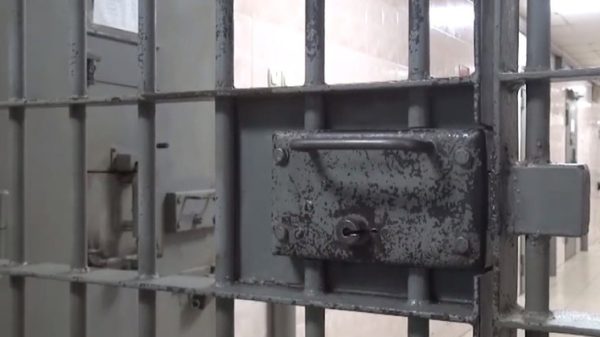
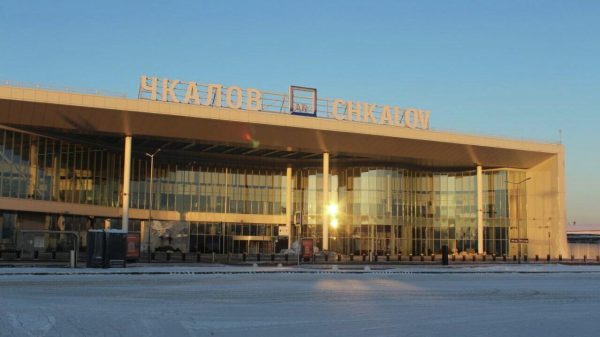
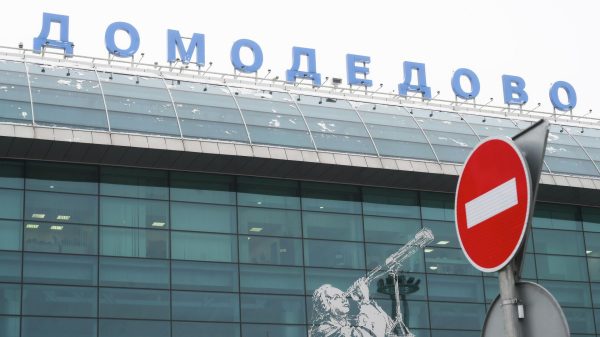







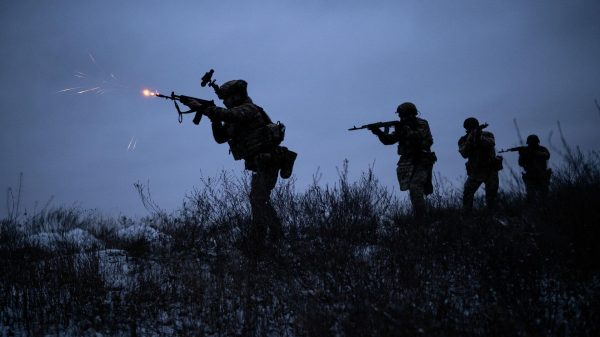

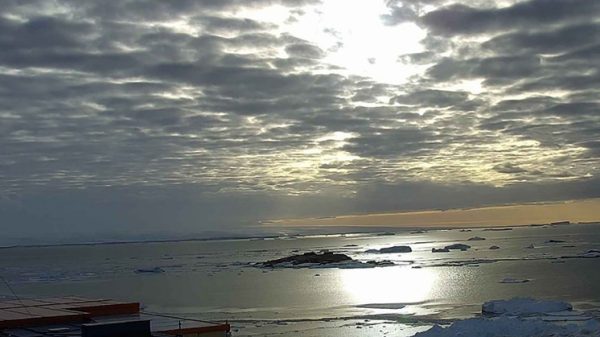


















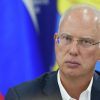
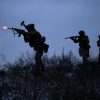














Свежие комментарии